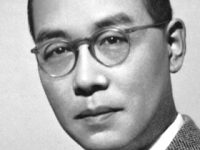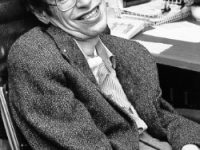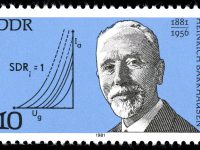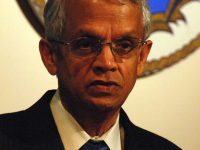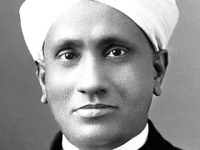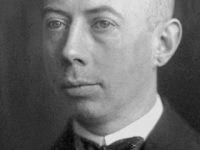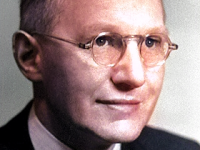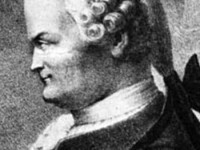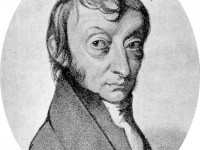Hideki Yukawa and the Existence of Mesons
On January 23, 1907, Japanese theoretical physicist and the first Japanese Nobel laureate Hideki Yukawa was born. Yukawa shared the 1949 Nobel Prize for Physics for “his prediction of the existence of mesons on the basis of theoretical work on nuclear forces.” “Reality is cruel. All of the naivete is going to be removed. Reality is always changing, and it is always unpredictable. All of the balance is going to be destroyed.”…
Read more

